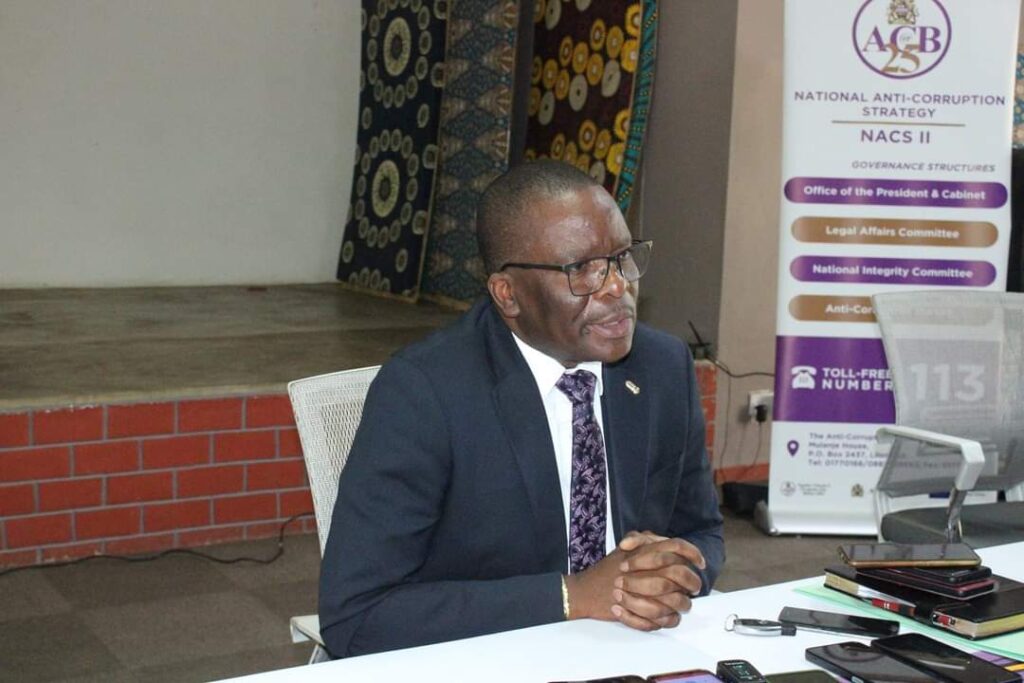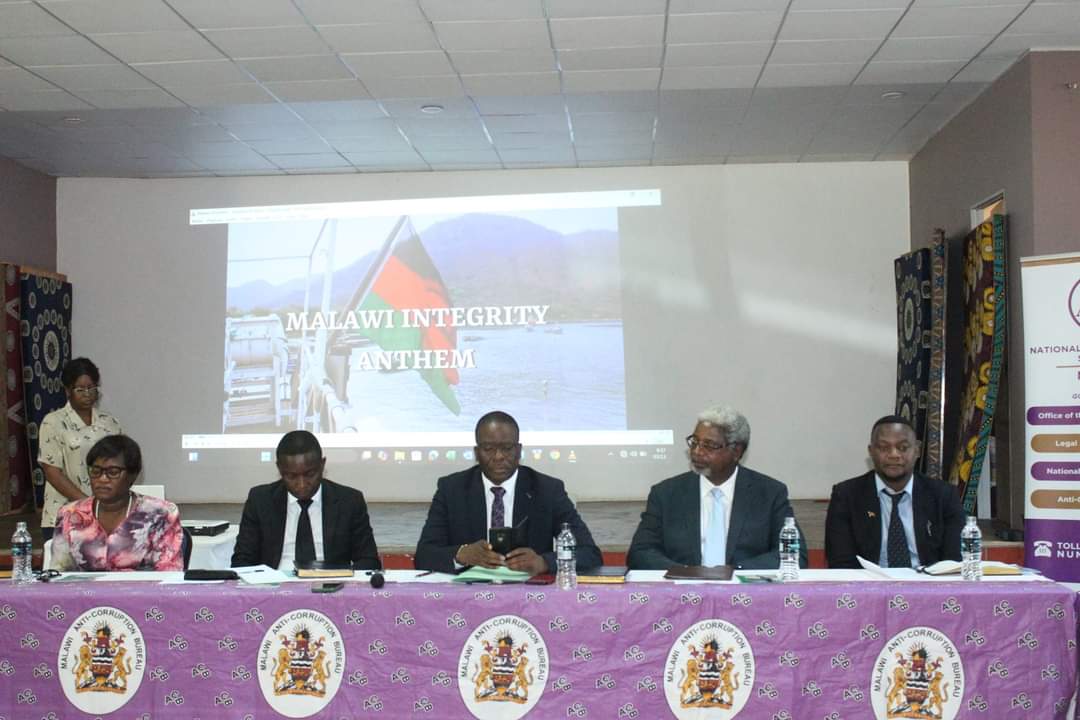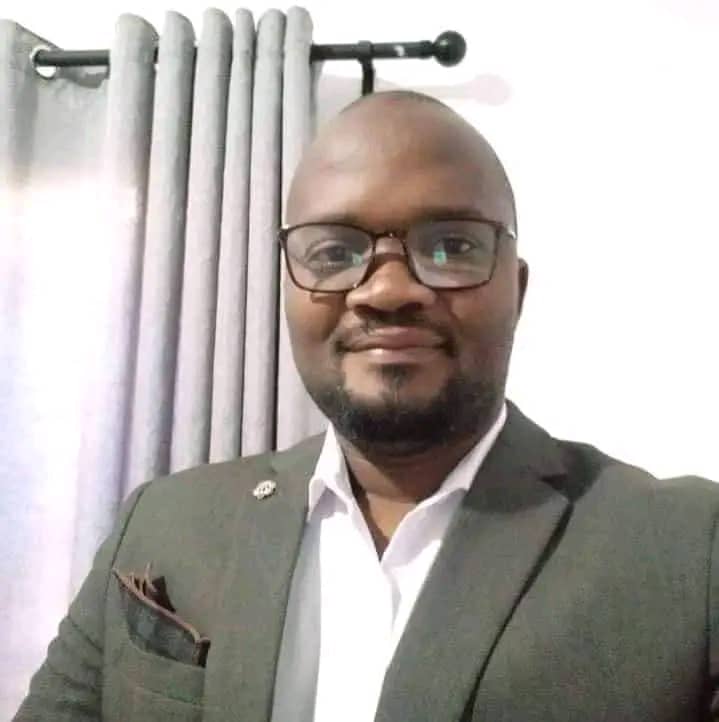
Anti-Corruption Bureau (ACB) has announced its intention to review laws aimed at combating corruption, including the introduction of lifestyle audits for public servants and other individuals.
Speaking at a press briefing in Lilongwe on Tuesday, ACB Acting Director, Hillary Chilomba, highlighted how some government officials conceal their wealth by registering assets under names of relatives.
“Many government officials appear poor when investigated but in reality, billions of funds are being hidden under the names of their family members. This strategy makes it difficult to trace the true owners of the wealth,” Chilomba explained.
The new measures aim to empower the Bureau to investigate any individual, regardless of their employment status, if their lifestyle and declared income do not align.
He added that the Bureau is expanding its focus to include individuals outside government employment.
“You see someone setting up a company and amassing immense wealth within a very short period. This is suspicious, and we need to investigate such individuals, even if they are not public servants,” said Chilomba.
Chilomba called for stronger enforcement mechanisms stressing that corruption is a national problem that undermines development.
According to Chilomba, lifestyle audits will ensure accountability and deter individuals from using dubious means to accumulate wealth. The law must apply equally to all, whether they work in the public or private sector.
“Our ultimate goal is to root out corruption in all its forms and recover public resources that have been diverted through illegal means,” he said.
The Bureau is also working on securing additional legal tools to strengthen its investigations, including partnerships with international financial institutions to track offshore accounts and assets.
The review comes after the Bureau submitted the draft lifestyle audits manual to the Office of the President and Cabinet (OPC) where it was advised to review Section 32 (Possession of unexplained property) of the Corrupt Practices Act so that it incorporates what is contained in the lifestyle audit manual to include both public and private officers.




